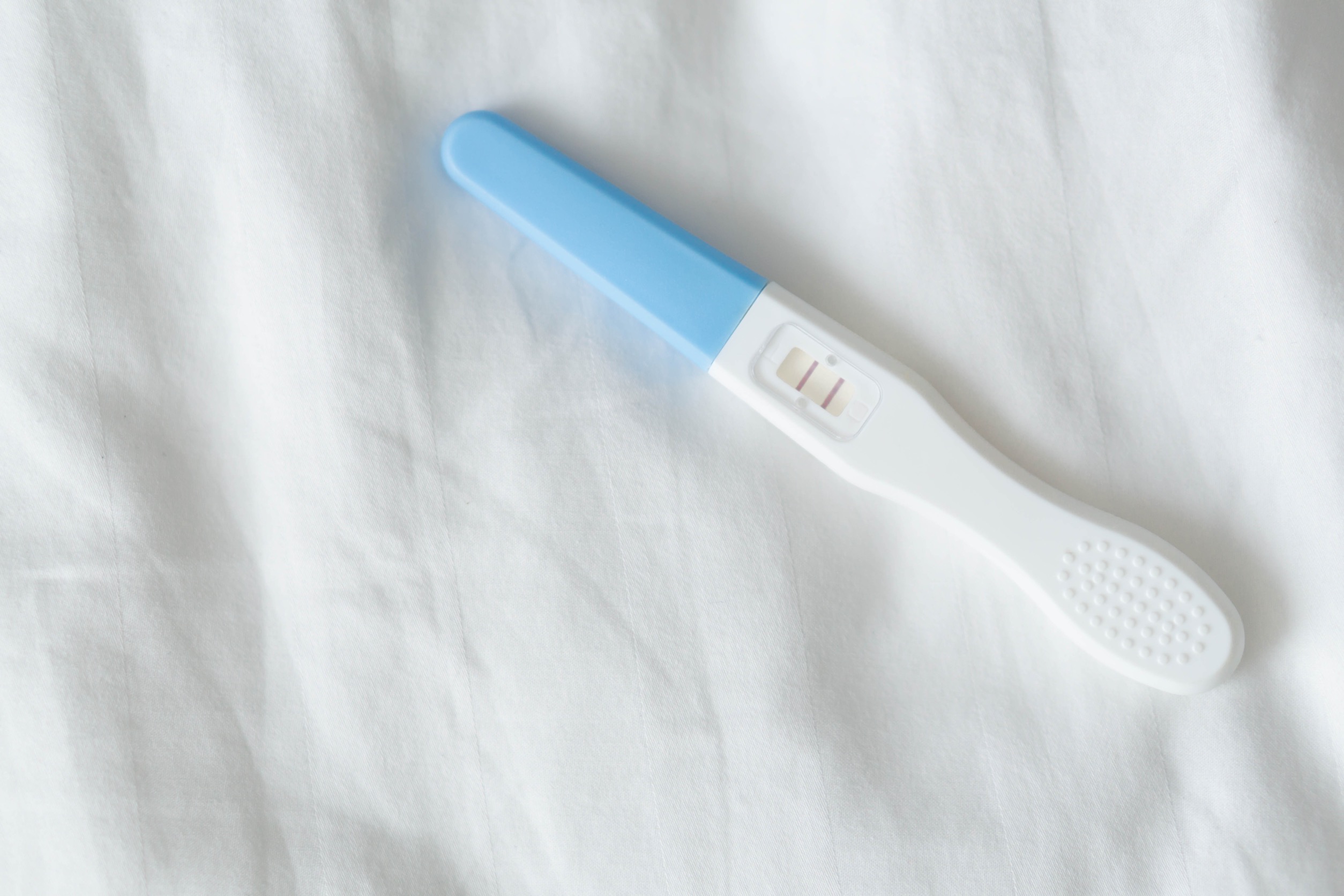A vasectomy is an office-based procedure that involves the removal of a piece of the vas deferens, which is the tube that carries sperm to the ejaculate. This procedure is a form of permanent sterilization, which means that pregnancies should be prevented in the future. It is over 99% effective and in this article, we are going to discuss that other small percentage! Yes, that’s right! Pregnancy after a vasectomy!
How Effective are Vasectomies?
First things first, let’s define effectiveness. There are two different ways a vasectomy can be described as effective—either effective in preventing pregnancy or effective in the absence of sperm in the ejaculate. Because there have been men who still had some sperm present in their ejaculate after a vasectomy, but never fathered a pregnancy, the definition is not so straightforward.
Per the guidelines from the American Urological Association, a vasectomy is considered effective when the post-vasectomy semen analysis shows either zero sperm OR very few sperm that are non-motile, or don’t move. For the purpose of this specific article, we will focus on vasectomy failure that results in pregnancy following a vasectomy.
We must also discuss the fact that a vasectomy is not immediately effective. Even though a piece of the vas deferens is removed during the procedure, there can still be some sperm present in the tubes. It is typically recommended to wait at least 3 months and 20 ejaculations prior to the post-vasectomy semen analysis, which confirms absence of sperm. Once this test is completed and shows absence of sperm, most men are unable to contribute to a pregnancy.
Could Pregnancy Happen After a Vasectomy?
Yes, a pregnancy can certainly happen after a vasectomy. There is early failure, which is a technical error that occurred during the procedure that did not result in occlusion of all tubes (aka one side was done twice or very rarely, a guy had more than two vas deferens). There is also late failure, which is recanalization that allows motile sperm to reach the ejaculate again, thus leading to a pregnancy.
Risk of Pregnancy After a Vasectomy
The risk of pregnancy after a vasectomy is approximately 1 in 2,000 men who have had a vasectomy and had an “all clear” post-vasectomy semen analysis. This is typically due to recanalization, meaning the vas deferens tube re-connected allowing sperm to reach the ejaculate. Some researchers believe that this could be a phenomenon that is transient or persistent, depending on the patient.
What to Do if You Think You’re Pregnant
If pregnancy is suspected following a vasectomy, it is best to start by consulting with your health care provider to confirm the pregnancy. There are other health conditions that can result in a positive pregnancy test so it would be important to make sure nothing else is going on.
If a pregnancy is confirmed, it will be important to having open lines of communication with your partner. Obviously, future children were not particularly on the menu, hence the reason for a vasectomy in the first place. It is worth a thoughtful discussion with your partner on how this potential new child may fit into the family. There are also many other options if it is not something you want. Don’t hesitate to turn to friends, family, and community for support and to help guide you through this unexpected time.
Conclusion
A vasectomy is a safe, quick, office-based procedure that provides permanent sterilization but requires a few months and multiple ejaculations to clear motile sperm. During this period, other forms of contraception should be used, as pregnancy is possible. After meeting the three-month/20-ejaculation criteria, a post-vasectomy semen analysis ensures effectiveness, defined by the absence or immobility of sperm.
Choosing a practice with experienced urologic surgeons is crucial to minimize surgical errors. At Purely Vasectomies, our board-certified urologic surgeons specialize in this procedure. Though the chance of pregnancy after a vasectomy is extremely rare (1 in 2000 or less), it can occur due to recanalization. Notify your healthcare provider if a pregnancy is suspected.
Despite the minimal risk, vasectomies remain highly effective, cost-efficient, and time-saving contraception options.





